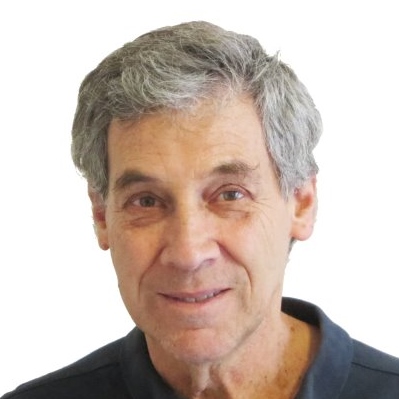
News

Lessons from Fukuyama: history is never boring
GEOFF SIFRIN
It caused a sensation as a collaboration among blacks and whites – a challenge to apartheid’s attempt to separate people. It played to 200 000 South Africans before transferring to London’s West End.
Much history has passed since then: the awful decades of apartheid, the liberation struggle, Mandela’s release, and, eventually, amidst the naïve euphoria of the 1990s, the belief in a new, better South Africa.
Fast forward to today. The nation is in the clutches of another regime: sleaze, which threatens our democracy. This is the Zondo commission of inquiry into state capture. Here, you have former government officials Mcebisi Jonas and Vytjie Mentor tell of the Gupta brothers’ attempts to bribe them, and this is just the tip of the iceberg. The disappointment in how things have turned out since Mandela is palpable.
A lesson from the northern hemisphere is apt. When the Soviet Union collapsed and the Berlin Wall came down at the end of the Cold War, Francis Fukuyama, an acclaimed American political philosopher, prophesied the “end of history”.
He postulated that after the fall of communism, free-market liberal democracy had won, and would become the world’s “final form of human government”. Globalisation was the vehicle for liberalism to spread across the globe. Power politics and tribal divisions would be supplanted by the rule of law and institutions. His views were welcomed, and his argument framed the international zeitgeist. But it was not long before things started going wrong.
Now that liberal democracy seems to be in crisis across the West, Fukuyama has modified his views. “Twenty five years ago, I didn’t have a sense or a theory about how democracies can go backward… they clearly can. Perhaps this very prospect of centuries of boredom at the end of history… will serve to get history started once again.”
So too, in South Africa. When Mandela was released, amidst euphoria – which seems simplistic now – South Africans drew up their sacred document, the Constitution. It embodied the most idealistic principles.
With it in mind, the travails of the past would, with co-operation from all, be put into the past. The liberation movements had won, apartheid was over, and the way forward was optimistic.
The abiding image was of Mandela walking triumphantly out of prison, smiling, hand in hand with Winnie. Of course, much healing was needed, but he infused an energy everyone could draw from. South African history was “over”.
But watching the Zondo commission and testimonies from Jonas and Mentor, amid the wave of other scandals, it’s clear that South African history is not over. Like Fukuyama’s European and American democracies, democracy here can also go backwards.
But things are not as bad as they sometimes feel. Seeing the legal dignity of the Zondo commission, the roles of sophisticated black and white advocates, and coverage by a free media, must provide optimism. South African history has not gone completely backwards. Here, too, history has started again – and it won’t be boring.
And, under the radar, at the level of the common folk, resides a different country with some of King Kong’s spirit. Last weekend, the only surviving member of the cast, Bra B Ngwenya, was a guest at Benoni’s community arts centre, Sibikwa. Thirty years ago, Phyllis Klotz and Smal Ndaba founded Sibikwa in times just as sleazy as they are now. Bra B accompanied joyous black children on the keyboard. Their optimism was infectious. For those kids, history is forward, not backwards.




